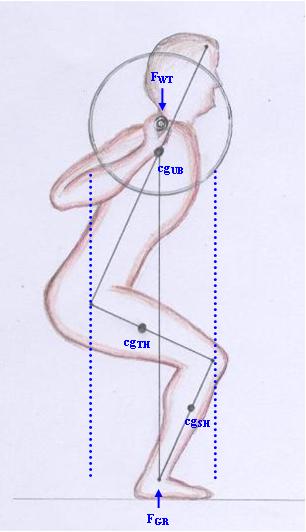Every time I have a break, either from school or work, one of my favorite past-times is watching movies. I don't mean watching movies as in going to the theaters on a Friday night - more like sprawling out in front of a screen for hours at a time, indiscriminately binging on any movie I can get my hands on.
1. Obtain movies in one of two ways. First, by bulk downloading them from torrents. Or second, because I'm in Cupertino right now, go to the library and rent a few every day.
2. Watch the first 15ish minutes at normal speed. Then, the movie is subject to a three-level categorization:
if it sucks too much, eject and next.
If it sucks but has potential to at least be entertaining (stupid comedies, most romantic comedies, most action films), then I'll watch it as fast as I can while still understanding the dialogue, usually around 1.50x speed. If there are subtitles, then I can go up to 2.0x speed without losing anything. If I'm going to waste time, then at least I'm going to minimize it. Finally,
if it is a normal, good movie, then I'll watch it at normal speed.
3. Repeat 2-4 times a day.
After cycling through so many plotlines and twists consecutively, it's pretty easy to start to see patterns that all movies use in one form or another. Usually, it's some variation of what I call the "3/5 twist." Things will be going well for the first 3/5 of a movie, and there doesn't appear to be much left to resolve the movie conflict. But then, the second conflict of the movie is introduced, and is usually only tangentially related to the original conflict. Thankfully, it can be neatly resolved in the remaining 2/5 of the movie. Romantic movie example: Guy gets girl. Damning information about guy comes out, causes conflict, then guy wins girl over in the end. Action example: Team kills tons of putties. Apparent unexpected hitch occurs in plan. Team must use cunning to overcome hitch, often sacrificing someone, to achieve end goal.
On an unrelated note, I decided to make a list of movies that most people seem to like, but I just can't get behind for one reason or another.
All Michael Cera movies after Superbad - Let me first say that I really like Michael Cera, but I just don't think he's a great actor. I met him at a screening for Superbad, and guess what, he's really just that awkward of a person in real life. I think the reason he shone in Arrested Development was because he wasn't a central, central character. With him being a leading man, it just kind of gets stale - especially because he is himself in every movie, and every movie is so similar (Enter Michael Cera as awkward teen, play indie music, enter quirky cute girl that inexplicably has interest in Michael Cera, play indie music, they awkwardly converse, indie music, etc.).
The Blind Side - Hilarious. Oh, it wasn't a comedy. Perhaps the movie said it better than I can: "You are changing that boy's life." "No, he's changing
my life."
Garden State - I don't know. Personally, I find it difficult to care about characters that are completely off the wall. Though if I'm Zach Braff, I pat myself on the back for being able to cast and makeout with Natalie Portman.
The Fountain - Wait... what? Superficially, okay, fine, immortality demands a price. But what is gained by mixing three semi-related storylines that require a number of leaps to connect?
Coyote Ugly - True, maybe most people didn't really enjoy this movie. But this movie holds a special place in movie-hell for me because it was a chick flick disguised as a sexy movie with tons of half naked girl action. That's just cruel.
There Will be Blood - I woke up just in time for the milkshake line, thank god.
Eternal Sunshine of the Spotless Mind - It's been a while since I've seen this, so I'm just going to say that I didn't like it very much.
Up - I think if you ask anyone what the best part of the movie was, they'll invariably say that it was the beginning with Carl and Ellie. I may have shed a few tears for Ellie. But thinking back, nothing else stands out about the movie except for some of the dogs' dialogue.
Wall-e - I get it. Humans are on a slippery slope to oblivion and we're taking our planet with us. Spare me the too-obvious, smarmy social commentary and put some dialogue into that first 40 minutes so I don't drift off.
Crouching Tiger, Hidden Dragon - Not that this movie was bad, it just wasn't great. Here's what it really is: it's a modernly-packaged emulation of a style of movie and special effects that have been produced in Hong Kong since the 1970's. It wasn't revolutionary in the slightest, but I'll admit, for those that have never seen that style,was probably fairly awesome. As it turns out, there's a similar backlash among Indians from Slumdog Millionaire. It's the same type of movie, theme and music that have been in Bollywood for years, but are just now presented for western consumption.
 In light of Garfield Minus Garfield, (where if you photoshop out Garfield from the strips, it appears that Jon Arbuckle is slowly sliding into the depths of mental illness), I thought it might be interesting to think about what really makes a strip. The answer is surprising.
In light of Garfield Minus Garfield, (where if you photoshop out Garfield from the strips, it appears that Jon Arbuckle is slowly sliding into the depths of mental illness), I thought it might be interesting to think about what really makes a strip. The answer is surprising. 









